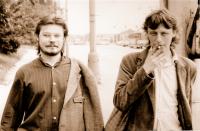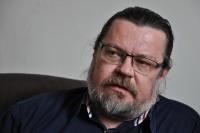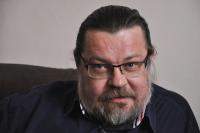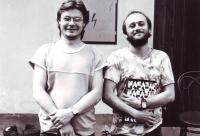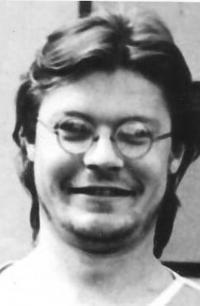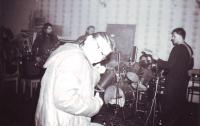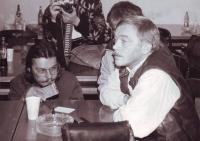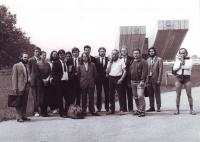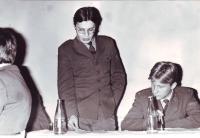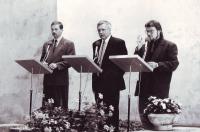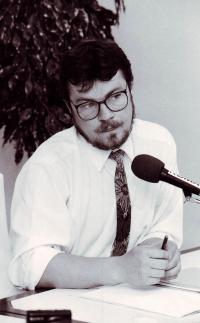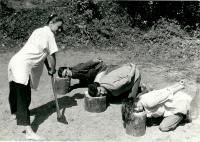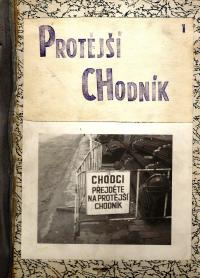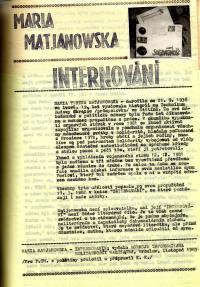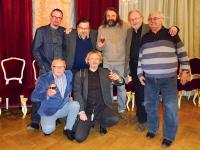The consciousness of true freedom is the most important matter

Download image
Jaromír Piskoř was born on 11 August, 1962 in Opava to the parents originally coming from Hlučínsko. The mother Edeltrauda Osmancziková came from Kozmice and the father, Jiří Piskoř from Oldřišov on today´s border with Poland. In August 1968 Jaromír Piskoř witnessed an occupation of the Opava region by the Polish People´s Republic´s Army. Following the occupation the father was expelled from the Communistic party of Czechoslovakia, due to which the witness could not later study the Secondary Hotel Scholl in Opava, but was only accepted to the Secondary School of Agriculture. In Autumn 1982 he began the basic military service in Košice, where he met Jaroslav Kuchyňa, who was of the same age. He had contacts to dissidents and the samizdat sources in Prague. Both of them were re-writing the samizdat literature during military service right in their barracks. After return Jaromír Piskoř met independent activist in Prague and transferred their operations including samizdat to the Opava region. In the middle of 1988 he started publishing author´s samizdat along with other colleagues, called the Opposite pavement, and in December 1988 signed the Chart 77. During 1989 he organised petition against the construction of a huge coke plant in Stonava in the Karvinsko region and in November he was one of the Civic Forum leaders in the Northern Bohemia region. At the end of January 1990 he was co-opted as a Member of the Federal Assembly and in June 1990 elected in free elections. In 1992 he left active politics but until 1996 he worked as a press secretary of the Civic Democratic Party.
